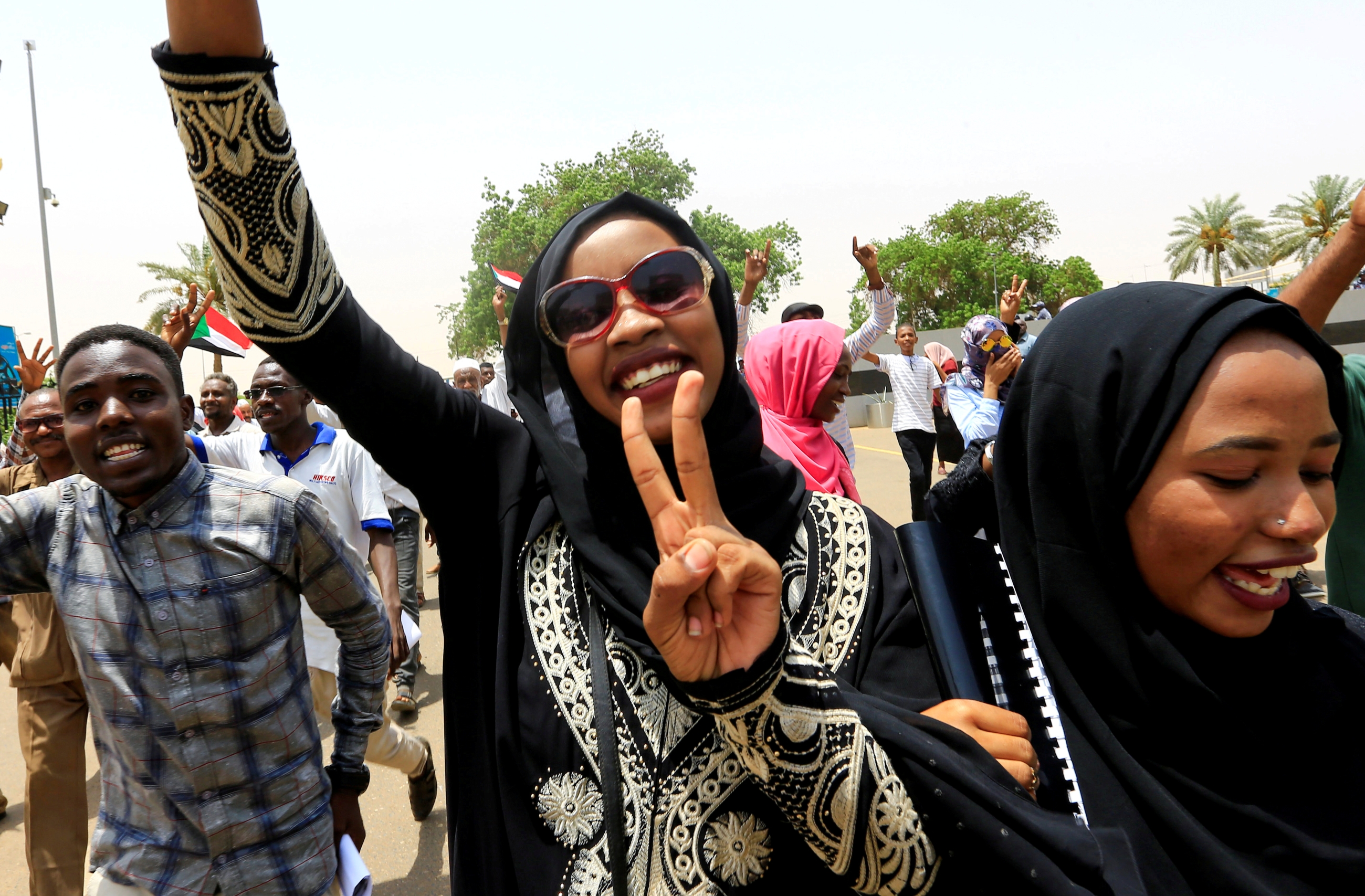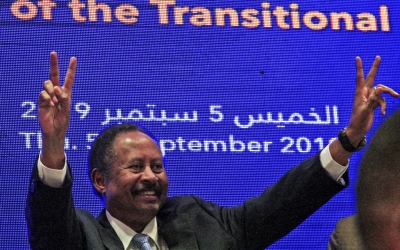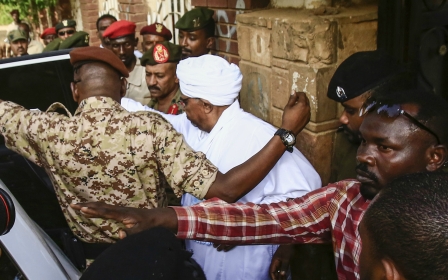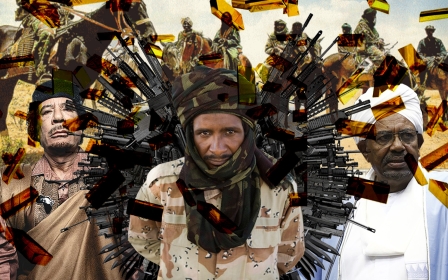African Union lifts suspension on Sudan after new government formed

The African Union (AU) lifted its suspension of Sudan's membership in the bloc following the formation of the country's new government, which ended a three-month exclusion after former president Omar al-Bashir was ousted.
The AU's Peace and Security Council met in Ethiopia's capital Addis Ababa on Friday, where they voted to lift the suspension, according to the organisation's Twitter page.
"(We) use this great occasion to reaffirm our commitment to the goals and objectives of the African Union," Sudan's foreign ministry said in a statement obtained by Reuters.
The AU had suspended Sudan's membership from all activities in June after Sudanese forces used violence to crack down on protesters in the country's capital Khartoum.
More than 100 Sudanese civilians were killed and hundreds injured during a deadly two-day confrontation between troops, paramilitaries and civilian opposition.
Beginning last December, protesters had taken to the streets across the country to call for the resignation of Bashir, who led Sudan for three decades, and for the formation of a civilian-led government.
Military authorities announced in April that they removed Bashir and that a transitional military council would govern for two years, but protesters denounced the move and continued to camp outside army headquarters.
Protest leaders continued to call for a civilian-led body to lead the country's political transition, and after months of negotiations between civilian and military leaders a council was created to oversee that transition.
The formation of the new cabinet is a part of a three-year power-sharing agreement signed last month between civilian parties, the military and protest groups in Sudan that selected Abdalla Hamdok as prime minister.
Hamdok officially formed Sudan's first cabinet on Thursday, calling it a "new era," after the country had been without a government since Bashir's overthrow in April.
The cabinet will operate alongside a separate Sovereign Council consisting of five military leaders and six civilians, and the army will lead the body for the first 21 months.
Middle East Eye delivers independent and unrivalled coverage and analysis of the Middle East, North Africa and beyond. To learn more about republishing this content and the associated fees, please fill out this form. More about MEE can be found here.





